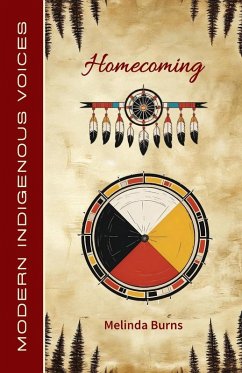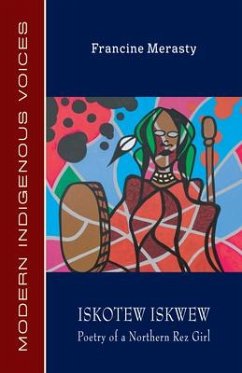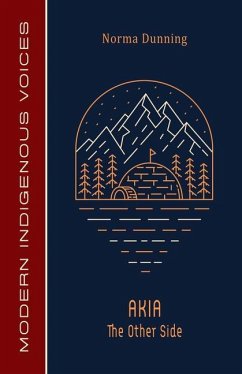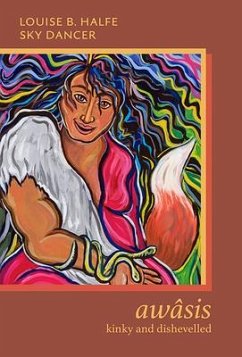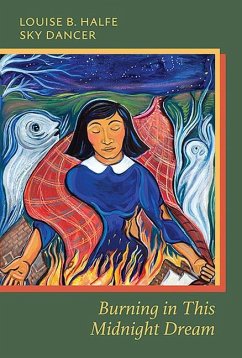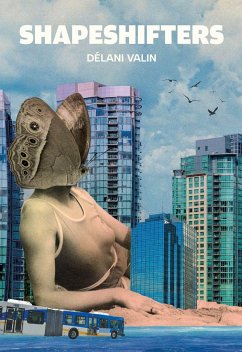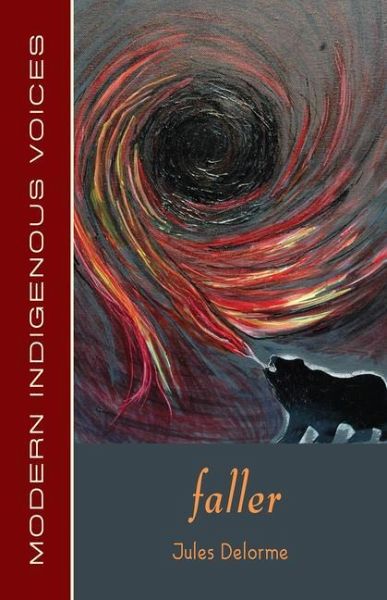
Faller
Versandkostenfrei!
Versandfertig in über 4 Wochen
15,99 €
inkl. MwSt.

PAYBACK Punkte
8 °P sammeln!
Faller mixes Roshoman style storytelling with traditional stories to describe the meeting, or juxtapositions, of a few characters on a Reservation. All of these characters are damaged in one way or the other. Faller is not narrative so much as bursts and flashes. It is not about what happens as much as moments in time. The stories fall together rather than follow each other. Faller is dark and funny in places, less sane and rational than yearning. Haunted. Not like every other book, Faller is the first work by an old young Indigenous writer, not trying to make sense of life on the Reservation,...
Faller mixes Roshoman style storytelling with traditional stories to describe the meeting, or juxtapositions, of a few characters on a Reservation. All of these characters are damaged in one way or the other. Faller is not narrative so much as bursts and flashes. It is not about what happens as much as moments in time. The stories fall together rather than follow each other. Faller is dark and funny in places, less sane and rational than yearning. Haunted. Not like every other book, Faller is the first work by an old young Indigenous writer, not trying to make sense of life on the Reservation, but giving a glimpse into the world he grew up in.





